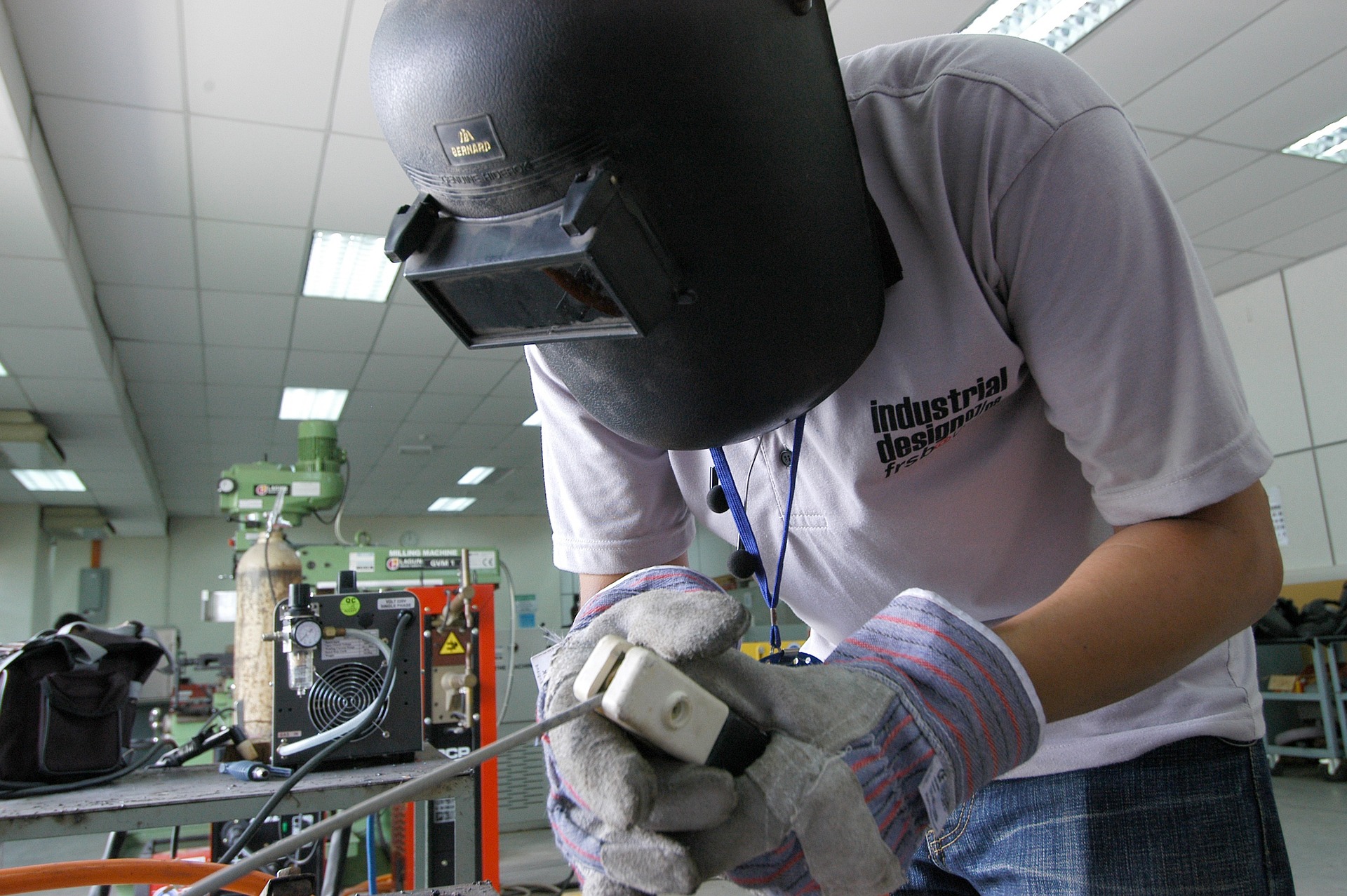Food Production Career Pathways
Food processing technicians operate automated systems for washing, cutting, and packaging produce in compliance with CFIA regulations. Mandatory certifications include Food Handler and HACCP Level 2, with plant-specific training on CIP cleaning protocols and allergen control. Shifts follow 24/7 production schedules with premium pay for night and weekend work. Career progression leads to quality assurance roles through internal upskilling programs.

Implement Food Safety Management Systems
Food safety management systems form the backbone of the food processing industry. These comprehensive approaches ensure that products reaching consumers are safe for consumption and meet all regulatory requirements. Professionals who specialize in implementing these systems are responsible for developing, maintaining, and improving protocols that mitigate food safety risks throughout the production process.
Food safety specialists work closely with quality assurance teams to design hazard analysis procedures, establish critical control points, and create documentation systems that track compliance. Their duties often include conducting facility audits, training production staff on proper handling procedures, and staying current with evolving regulations. The implementation of systems like Hazard Analysis Critical Control Point (HACCP) requires meticulous attention to detail and strong analytical skills.
Entry into this specialized field typically requires a background in food science, biology, or a related field, along with mandatory certifications such as Food Handler and HACCP Level 2. Many facilities also provide plant-specific training on Clean-in-Place (CIP) cleaning protocols and allergen control measures to ensure employees understand the specific safety requirements of their production environment.
Master Meat Processing Techniques
Meat processing represents one of the most technically demanding specializations within food production. Professionals in this field must master specific techniques for handling, cutting, preserving, and packaging various meat products while maintaining strict safety standards. The role requires both technical precision and comprehensive knowledge of meat composition and behavior during different processing stages.
Meat processing technicians typically work with specialized equipment including slicers, grinders, mixers, and vacuum packaging machines. They must understand different cuts of meat, proper trimming techniques, and how to minimize waste while maximizing yield. Depending on the facility, they may also be responsible for smoking, curing, or other preservation methods that require careful temperature and humidity control.
Career advancement in meat processing often follows a clear progression path from entry-level roles to more specialized positions. With experience, processors may become team leads supervising production lines, quality inspectors ensuring compliance with standards, or specialized craft butchers working with premium products. Many employers offer internal upskilling programs that allow dedicated employees to advance through these career stages while earning increasingly competitive compensation.
Conduct Quality Assurance Testing
Quality assurance (QA) represents a critical function within food processing operations, ensuring products consistently meet established standards for safety, appearance, taste, and nutritional content. QA technicians are responsible for conducting systematic testing throughout the production process, from incoming raw materials to finished products ready for distribution.
The daily responsibilities of QA personnel include collecting samples from production lines, performing microbiological testing, conducting sensory evaluations, and verifying proper labeling and packaging. They must be proficient with laboratory equipment such as spectrophotometers, pH meters, and various testing kits specifically designed for food safety analysis. Documentation plays a crucial role, as QA technicians maintain detailed records of all testing activities and results.
Quality assurance roles often represent advancement opportunities for production workers who demonstrate exceptional attention to detail and analytical abilities. These positions typically offer more regular working hours compared to production shifts, which frequently follow 24/7 schedules. Many food processing facilities offer premium pay for night and weekend work on the production floor, while QA positions may feature more standard business hours with occasional overtime during audits or production challenges.
Working Conditions and Compensation
Food processing facilities operate around the clock to maximize productivity and meet demand, resulting in shift-based schedules that can include nights, weekends, and holidays. Production workers typically rotate through different shifts, though seniority often provides more choice in scheduling. The physical environment includes temperature-controlled areas that may be cold for preservation purposes or warm in cooking zones.
Compensation structures in food processing often include base wages plus shift differentials, with premium pay for night shifts, weekends, and holidays. Entry-level production positions typically start above minimum wage, with opportunities for regular increases based on experience and skill development. Specialized roles like quality assurance testers or safety system implementers command higher salaries reflecting their additional training and responsibilities.
Benefits packages in larger food processing companies commonly include health insurance, retirement plans, paid time off, and employee discount programs on company products. Some employers also offer tuition reimbursement for employees pursuing relevant education, supporting internal advancement pathways into technical or management roles.
Career Advancement Opportunities
The food processing industry provides well-defined career progression paths for motivated individuals. Entry-level production workers can advance to specialized technical roles, team leader positions, and eventually supervisory or management positions with the right combination of experience, performance, and additional education or certification.
Internal upskilling programs represent a significant advantage in this industry, with many employers investing in employee development through structured training programs. These initiatives may include partnerships with community colleges or technical schools to provide specialized courses in food safety, equipment operation, or management skills. The investment benefits both employees seeking advancement and companies looking to develop knowledgeable, committed team members familiar with specific operations.
Advanced career paths include specialized roles in research and development, where professionals work on new product formulations or process improvements. Regulatory compliance specialists ensure operations meet evolving standards, while production managers oversee entire departments or facilities. With sufficient experience, opportunities may also exist in corporate leadership, consulting, or entrepreneurship within the broader food production ecosystem.
Conclusion
Food production career pathways offer stability, growth potential, and opportunities for specialization across various aspects of the industry. From implementing comprehensive food safety management systems to mastering specific processing techniques and ensuring quality through rigorous testing, professionals in this field contribute directly to providing safe, nutritious food products. With structured advancement opportunities and internal development programs, the food processing industry represents an appealing option for those seeking long-term career development in an essential sector.




